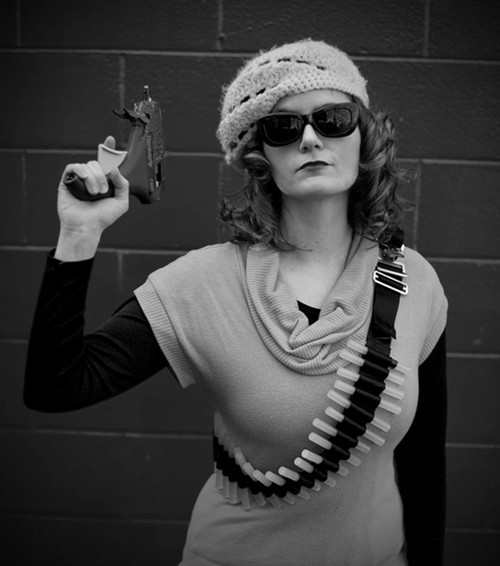The question of whether more gun control laws should be enacted is a highly debated and controversial issue in the United States. Those in favor of additional gun control measures argue that they are necessary to reduce the number of gun-related deaths and mass shootings, while those opposed to such measures maintain that they would infringe upon their Second Amendment rights and would not be effective in reducing gun violence.
Advocates of more gun control laws point to the high levels of gun violence in the United States compared to other developed countries, which they attribute in part to the relative ease of obtaining firearms in the US. They argue that stricter regulations, such as universal background checks, a ban on assault weapons, and a limit on the number of firearms an individual can purchase, would help to reduce the number of deaths caused by guns.
Opponents of stricter gun control laws, however, argue that the right to bear arms is protected by the Second Amendment of the United States Constitution, and that any attempt to restrict access to firearms would be a violation of this right. They also argue that strict gun control measures would not effectively reduce gun violence, as criminals would still be able to obtain firearms illegally.
Despite the ongoing debate, it is clear that reducing gun violence should be a priority for all Americans. One potential solution to this issue could be a focus on enforcing existing laws, improving background check processes, and implementing targeted interventions aimed at addressing the root causes of gun violence. Additionally, many experts believe that addressing the underlying social and psychological factors that contribute to gun violence, such as poverty, mental illness, and access to firearms, is key to reducing the number of gun-related deaths.
Ultimately, the question of whether more gun control laws should be enacted is a complex and emotional issue, with valid arguments on both sides. It is up to lawmakers and the American people to engage in a productive and respectful dialogue to find a solution that protects public safety while also respecting the rights of law-abiding citizens.

